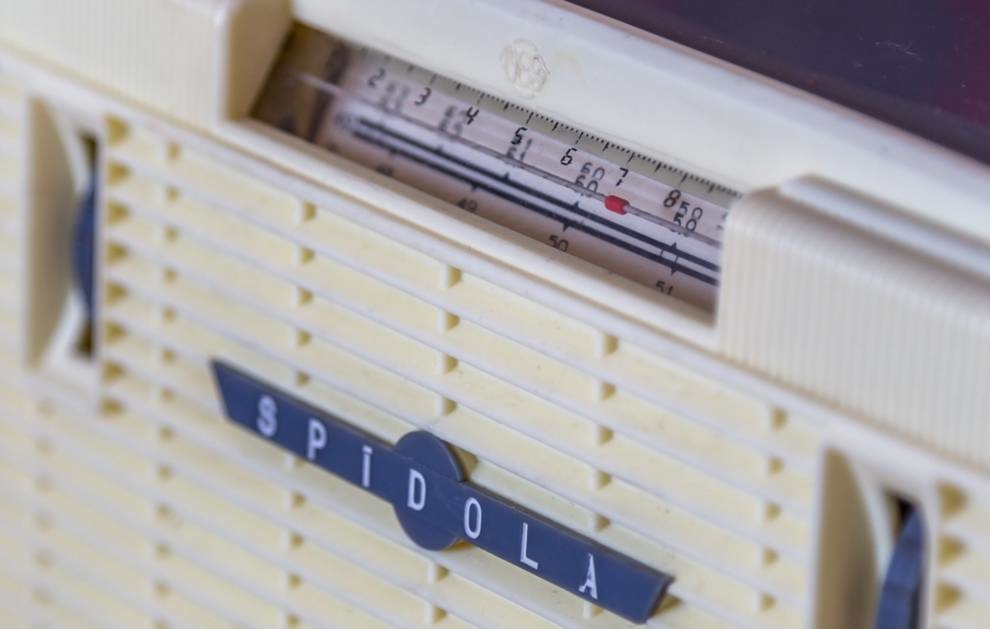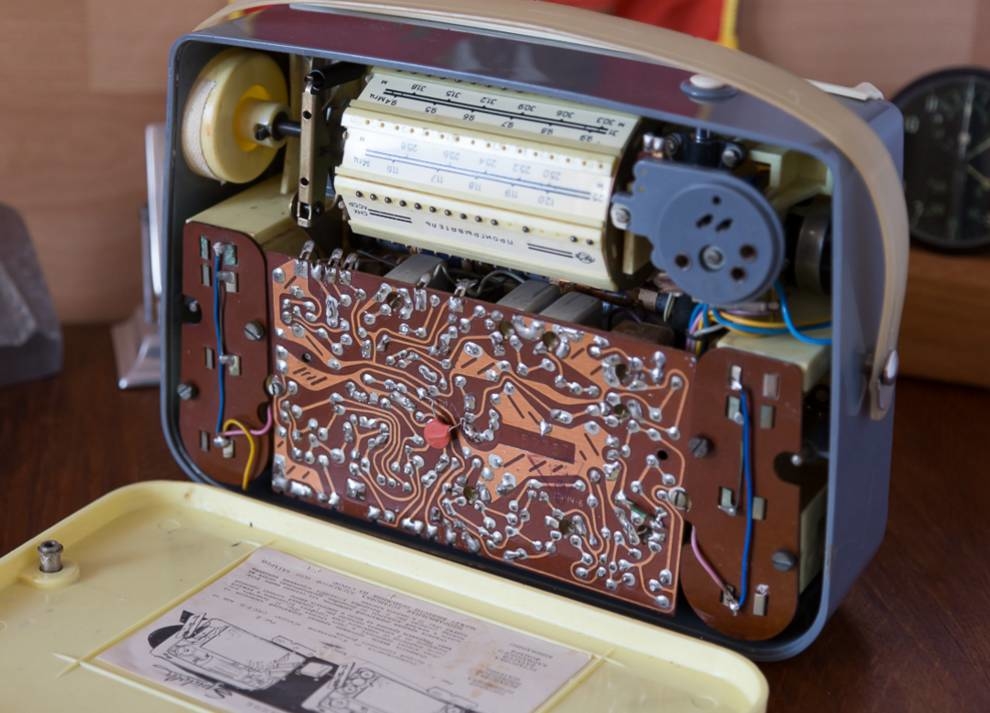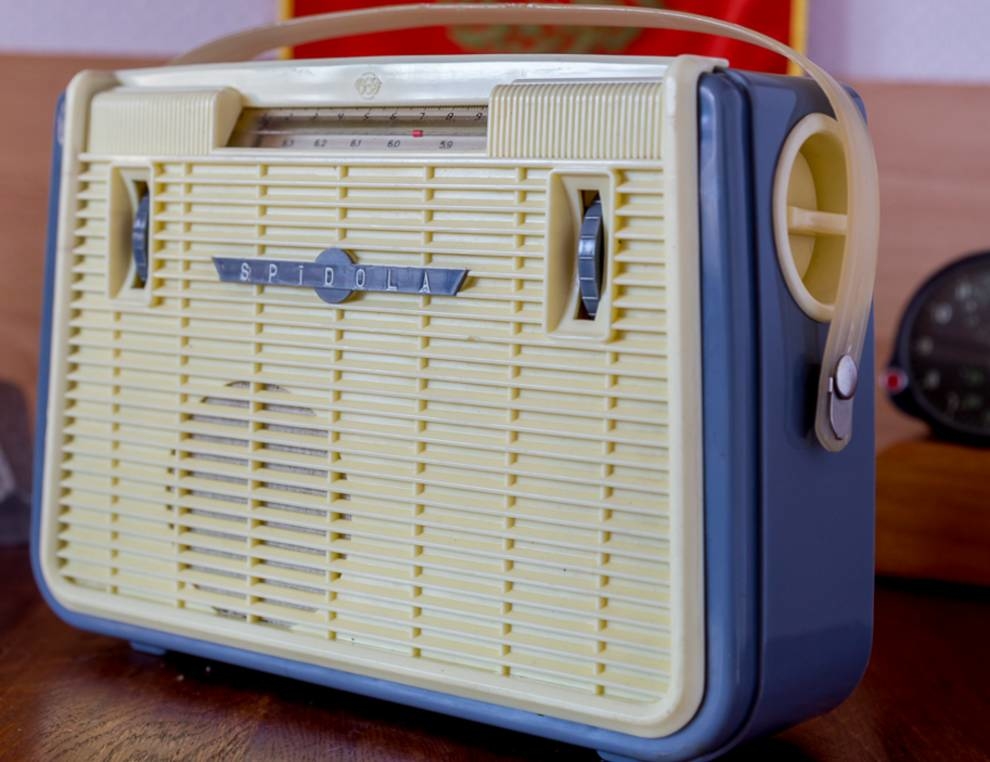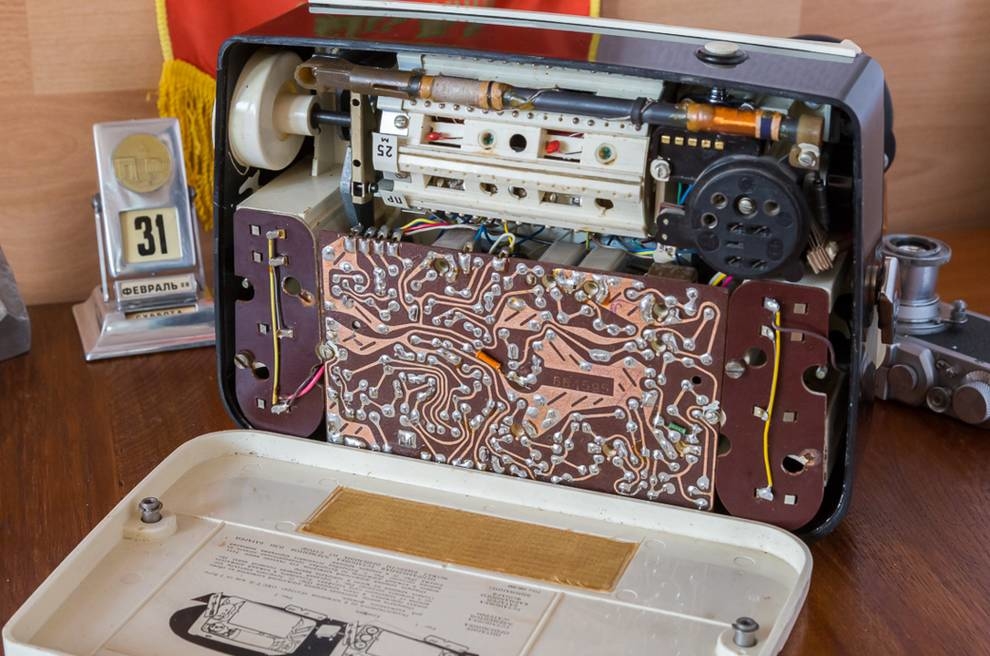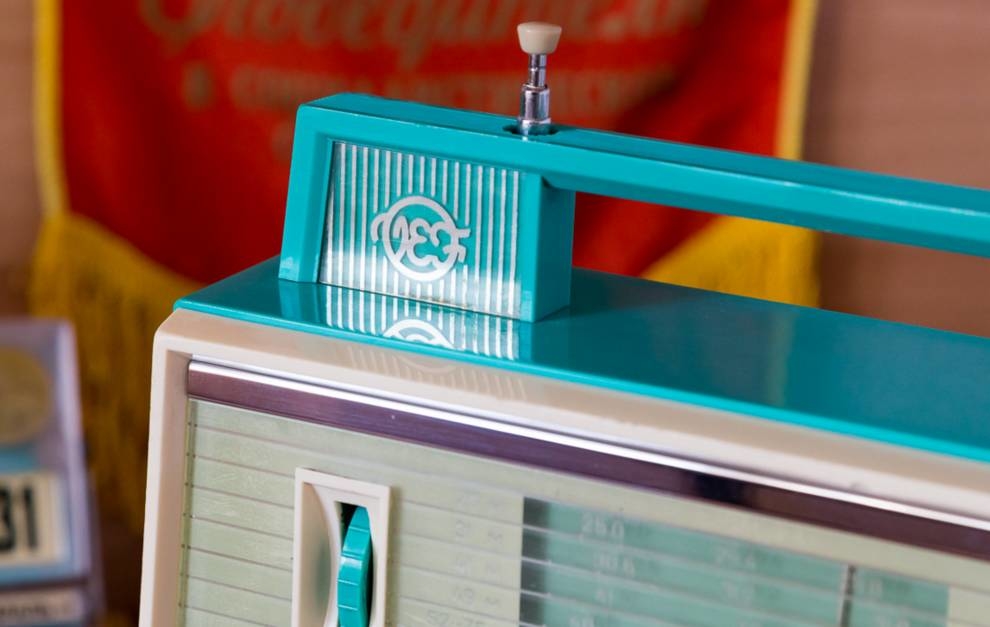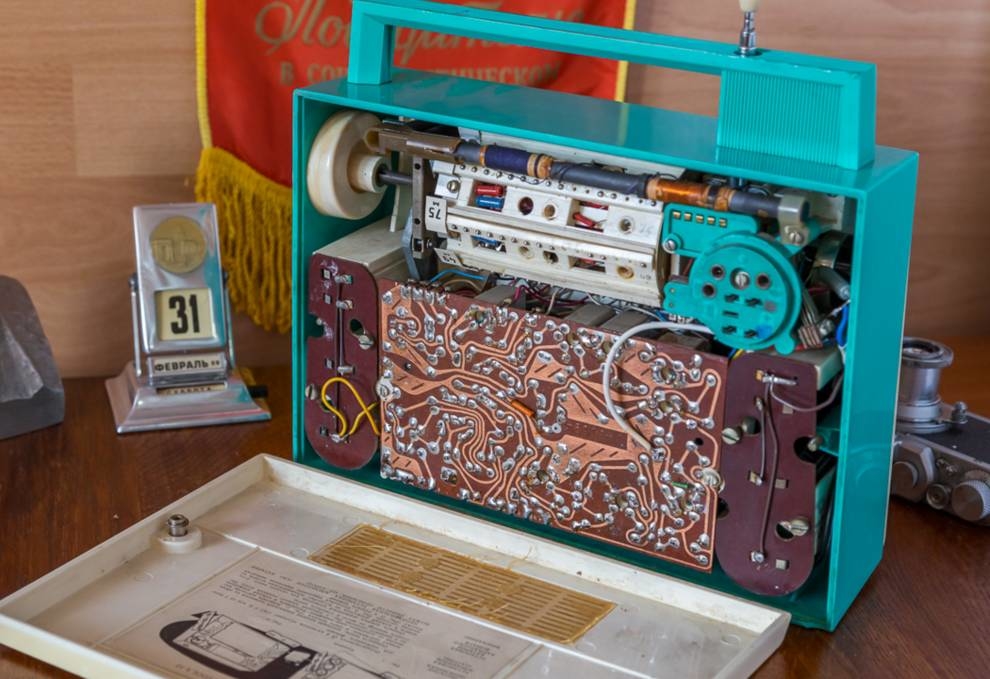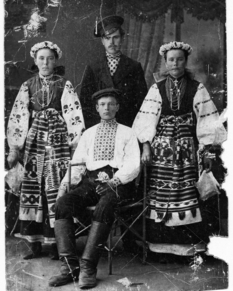
"Latvian spies", or portable transistor receivers "Spidola"

Photo © ru.wikipedia.org
Many will be surprised, but 40 years ago, Latvia was known not only for its sprats and Riga balsam, but for its highly developed industry. In this small then Soviet republic, they produced excellent radio equipment, cars, electric trains, and so on.
But let's dwell on the Latvian radio “Spidola”, which was considered one of the most famous in 1960-1970. The first radio under the brand "Spidola" PMP-60 was released in a small series in 1960. The author of the design is Adolph Irbitis, the name was invented by J. Cerps.
Due to bureaucratic delays and technological problems, the mass production of the first model began only in 1962 and lasted at least until 1965. The receiver turned out to be very successful and quickly gained popularity in the USSR, despite the rather high price for that time - 73 rubles, with an average salary in the USSR in 1962 of about 84 rubles per month.
Not many people know that the Spidola radio receivers are still secretly called “spies”. This receiver has become one of the main characters of the Soviet series about the Resident. He appeared in the first part and "starred" in all the others. So why is this a spy?
In the film “Error of the resident,” Snipe brings the first model to Tuliev from the Western intelligence center “Spidolu”: “This receiver is normal ... after simple switchings it can be a short-wave transmitter”.
Also, the second model "VEF-Speedola" is in the cab of the driver of the refrigerated truck in the film "Prisoner of the Caucasus." With “Spidoloy-230”, Lenka does not part from the film “Love and Doves”.
The design of "Spidoly" became the basis for the development of many subsequent models (VEF-12, VEF-201, VEF-202, "Spidola-207", etc.), which were notable for numerous improvements, including the addition of a tone control, a VHF range, more modern element base, improved electro-acoustic parameters, etc.
Interestingly, the name comes from the name of the witch Spidola from the epic poem “Lachplesis”.


